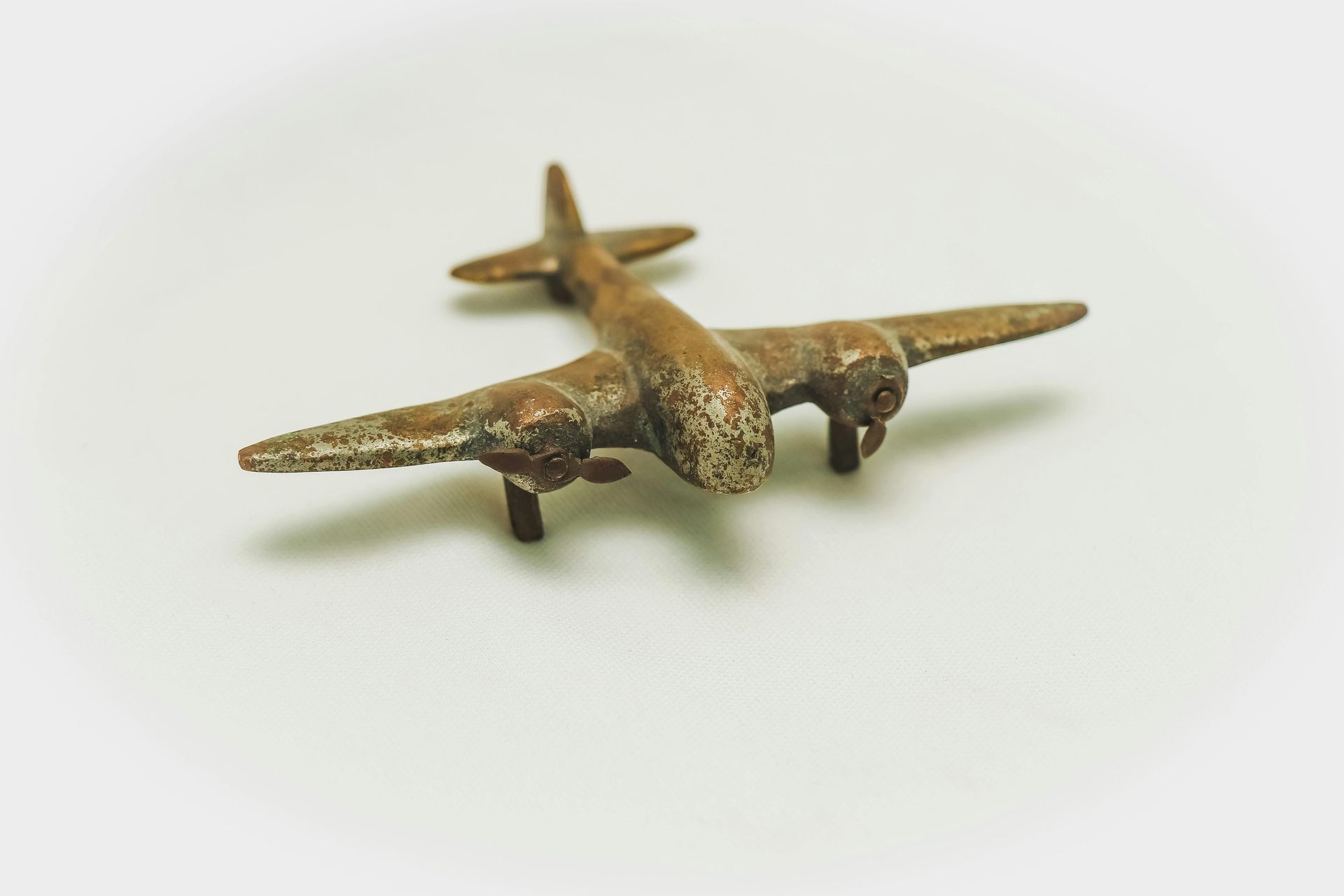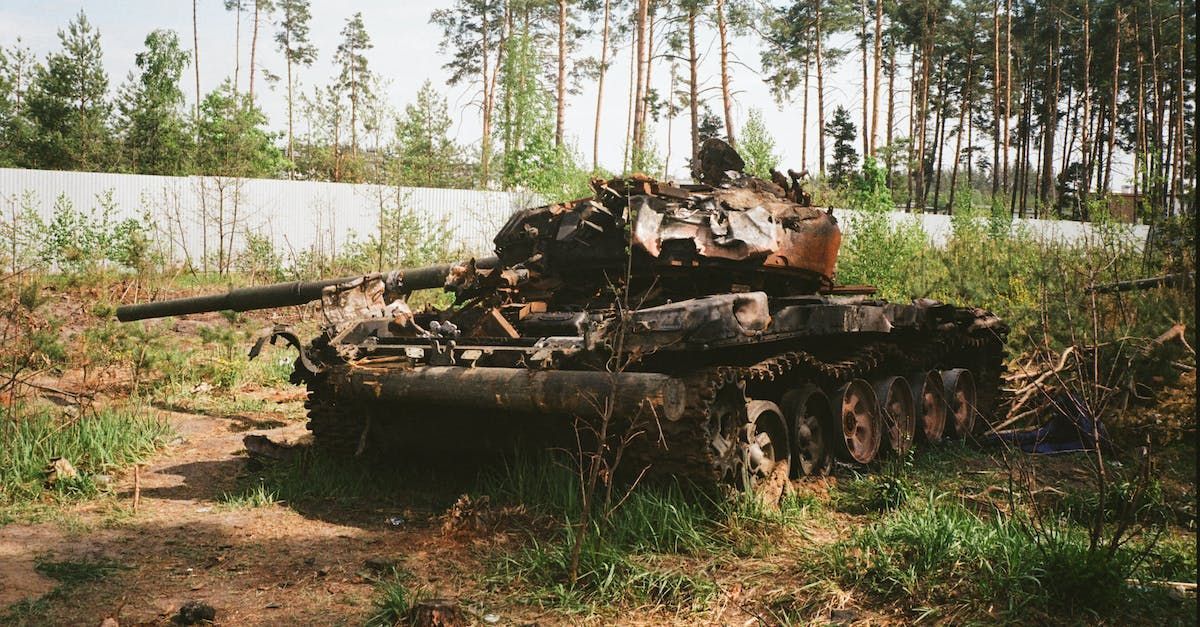Intelligence Successes in Iraq
Unveiling the Unsung Heroes
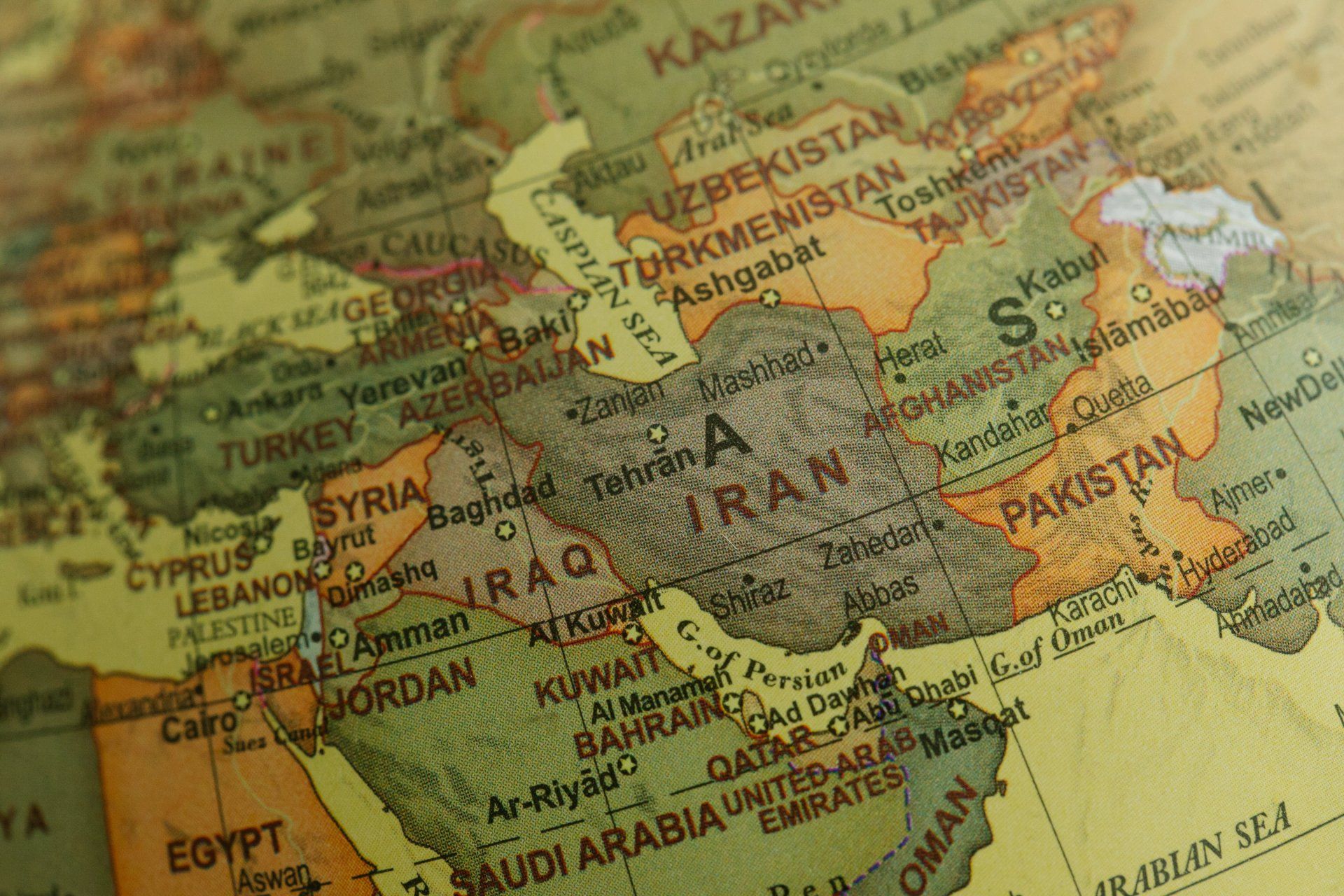
Introduction:
When we think of Iraq, our minds often conjure up images of conflict and turmoil. However, amidst the challenges, it is crucial to acknowledge the remarkable intelligence successes that have taken place in the country. These successes have played a pivotal role in safeguarding national security, dismantling terrorist networks, and bringing stability to the region. In this blog post, we will shed light on some of the significant intelligence achievements in Iraq, highlighting the unsung heroes who have worked tirelessly behind the scenes.
Disrupting Terrorist Networks:
Iraq has faced persistent threats from extremist organizations, including Al-Qaeda and later ISIS. Intelligence efforts have been instrumental in disrupting these networks and preventing numerous attacks. Intelligence agencies, in collaboration with security forces, have successfully identified and apprehended key operatives, intercepted communication channels, and gathered vital information that led to the dismantling of terrorist cells
Gathering Actionable Intelligence:
Collecting reliable and actionable intelligence is a cornerstone of effective counterterrorism efforts. Iraqi intelligence agencies, with support from international partners, have employed a range of techniques and technologies to gather critical information. This includes human intelligence (HUMINT) from undercover agents and informants, signals intelligence (SIGINT) through monitoring communication channels, and imagery intelligence (IMINT) obtained from surveillance and reconnaissance assets.
Strengthening Border Security:
Iraq's porous borders have presented significant challenges in terms of illegal activities, smuggling, and the movement of militants across the region. Intelligence-driven border security operations have been crucial in detecting and preventing such threats. Advanced surveillance systems, enhanced intelligence sharing with neighboring countries, and improved coordination among border security agencies have contributed to stemming the flow of illicit activities and safeguarding national borders.
Counterinsurgency Operations:
During the height of insurgency in Iraq, intelligence played a pivotal role in countering the threat posed by armed groups. By infiltrating extremist organizations, intelligence agents were able to gather vital information on their operations, leadership structures, and plans for attacks. This intelligence enabled security forces to conduct targeted raids, capture high-value targets, and disrupt the insurgents' capacity to carry out attacks.
Community Engagement and Intelligence:
Building trust and collaboration with local communities is crucial for effective intelligence gathering. In Iraq, intelligence agencies have recognized the importance of engaging with the local population to gather information and identify potential threats. By cultivating relationships, intelligence personnel have gained valuable insights into local dynamics, enabling them to identify and neutralize threats more effectively.
Conclusion:
While the challenges in Iraq have been immense, it is essential to recognize and appreciate the intelligence successes that have been achieved. The dedication, skill, and bravery of intelligence professionals have played a significant role in countering terrorism, ensuring national security, and bringing stability to the region. Their unsung efforts deserve our utmost respect and gratitude.
As Iraq continues its journey towards peace and prosperity, it is imperative to continue investing in intelligence capabilities, fostering international collaboration, and promoting information sharing. By doing so, we can build upon the successes of the past and create a safer and more secure future for Iraq and its people.
